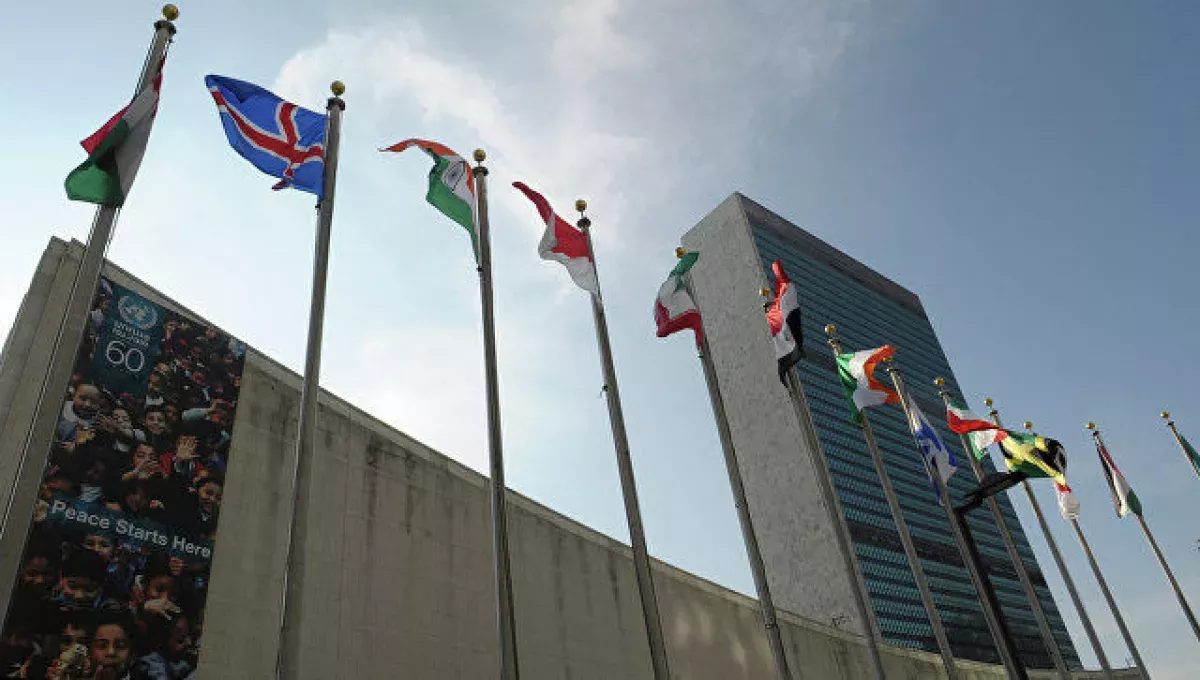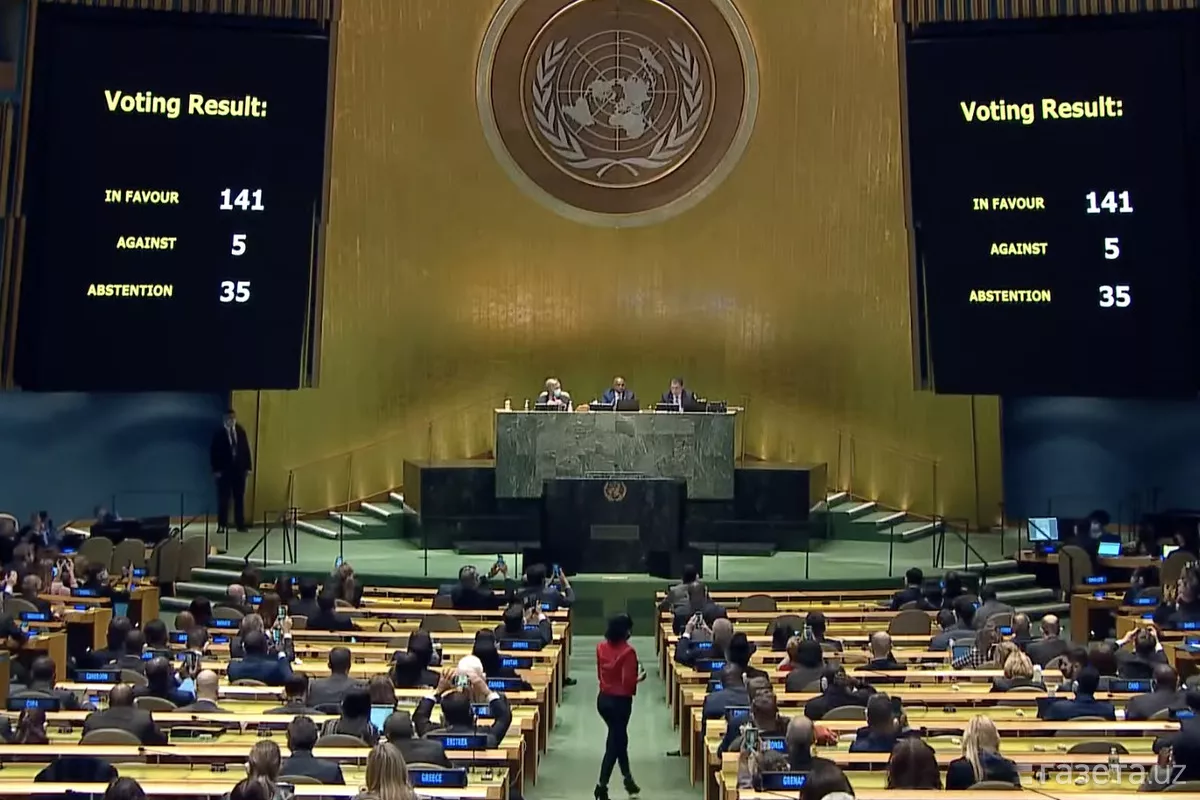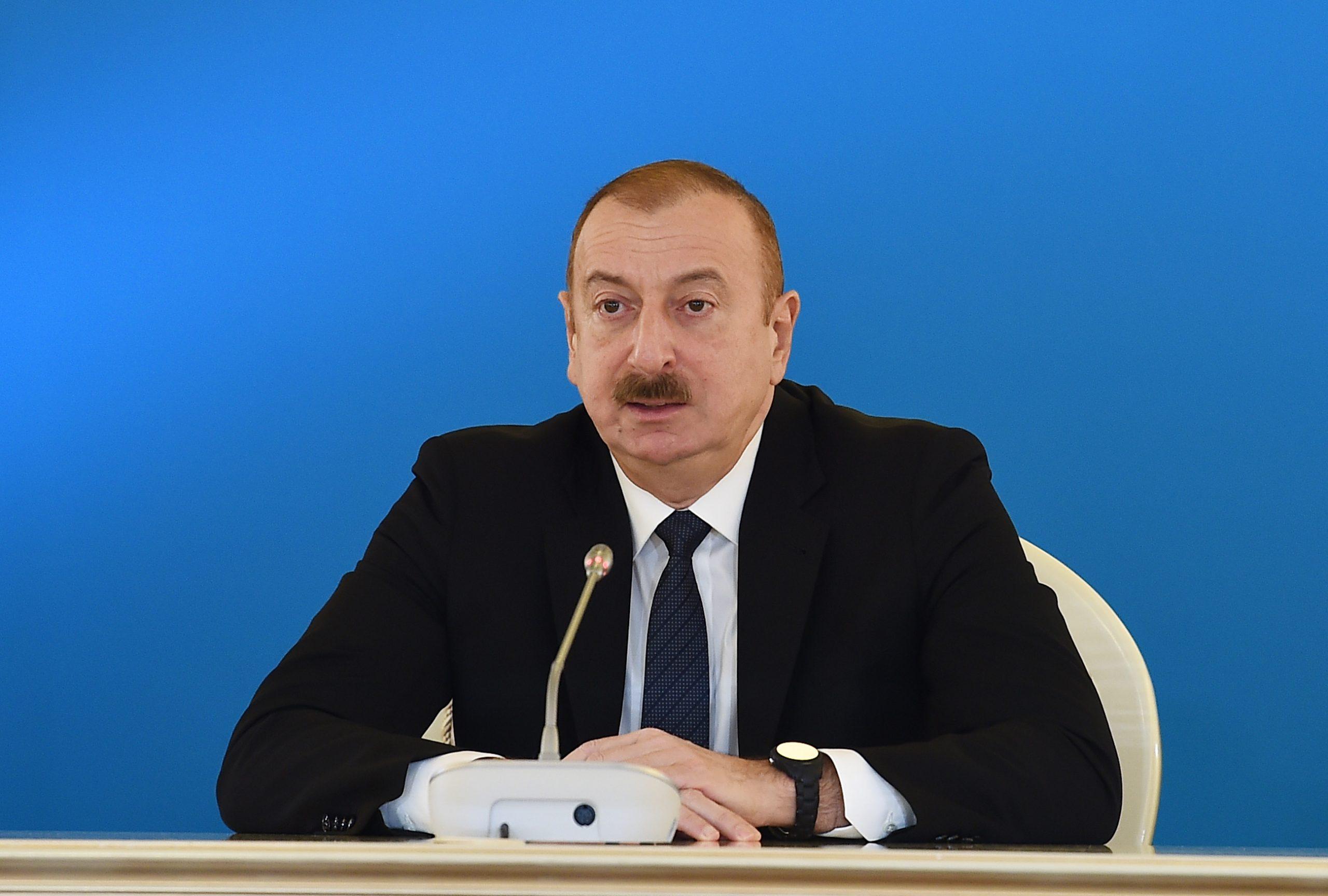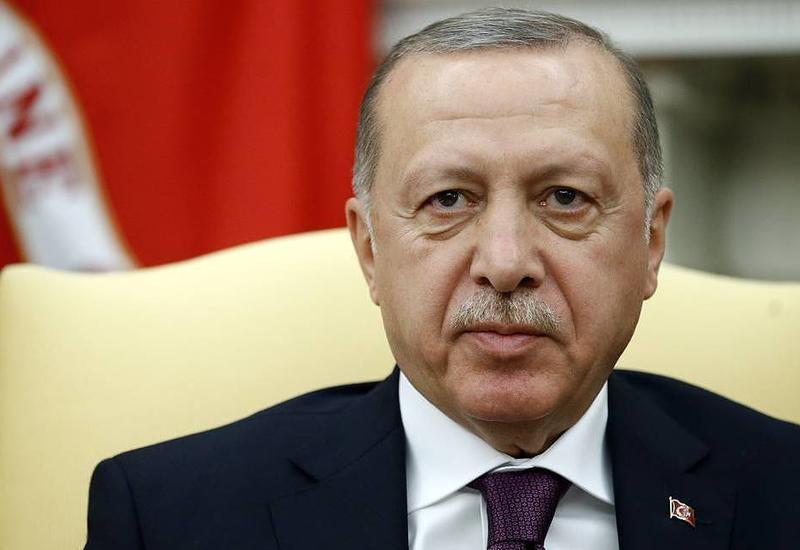The world is drowning while the UN stands idle! Deep crises and calls for reform
Just recently, United Nations Secretary-General António Guterres announced plans to streamline the organisation’s apparatus and implement a series of structural reforms. However, the UN’s problems run far deeper.
A debt trap for the United Nations
On May 12, during a briefing for UN member states, Guterres advocated for sweeping structural reforms. Chief among these were budget cuts, the consolidation of several departments, and efforts to boost the organisation’s overall efficiency.

The Secretary-General described the current situation as follows: “These are times of peril, but they are also times of profound opportunity and obligation. The mission of the United Nations is more urgent than ever.”
Yes, the world has entered a period of turbulence unseen since the Second World War. But the United Nations itself—an institution born out of that very war—is also in crisis. It’s not just critics who acknowledge the UN’s inefficiency, but the organisation’s own Secretary-General. In September 2024, speaking at the “Summit of the Future” held at UN Headquarters in New York, António Guterres stated: “Our multilateral tools and institutions are unable to respond effectively to today’s political, economic, environmental and technological challenges. And tomorrow’s will be even more difficult and even more dangerous.”
Today, the UN is facing a wide range of internal problems, chief among them a serious funding shortfall. A liquidity crisis has plagued the organisation for the past seven years, largely because not all member states pay their contributions in full or on time. As of March 2025, only 75 of the 193 member states had fully paid their dues to the UN budget. Of the organisation’s $3.72 billion budget for 2025, only $1.8 billion has been received so far—leaving a debt of nearly 50%. The United States alone accounts for more than 60% of this shortfall, owing $1.5 billion. China owes $597 million, Russia $72 million, Saudi Arabia $50 million, and both Mexico and Venezuela owe $38 million each. A further $137 million in unpaid contributions is spread across other member states.
UN peacekeeping missions are financed through a separate budget—and the shortfall there is even more alarming, currently standing at $2.7 billion.
“Uncomfortable and difficult decisions lie ahead…”
In response to this situation, the United Nations is preparing for major budget cuts. Up to 20% of staff are expected to be laid off in the Departments of Political and Peacebuilding Affairs, with similar reductions likely to follow in other branches of the organisation.

There are also plans to relocate some UN offices from global hubs like New York and Geneva to cities where rent and living costs are significantly lower.
António Guterres has openly acknowledged that a substantial overall budget reduction is expected by 2027. But does this mean only bureaucratic structures will be downsized? Or will vital humanitarian and development programmes also face the axe?
“We know that some of these changes will be painful for our UN family…Make no mistake – uncomfortable and difficult decisions lie ahead,” Guterres warned.
In March of this year, the UN launched the “UN-80” initiative—marking the organisation’s 80th anniversary—which aims, among other goals, to improve accountability, the effectiveness of assessments, and transparency. The initiative also emphasises the use of automation and digital platforms.
But this raises another question: could the advancement of AI and digital technologies be one of the main reasons behind job cuts and the shift of staff to freelance contracts? After all, the appealing phrase “digital platforms” often also implies the replacement of permanent staff with short-term contractors.
At a recent briefing, the idea was floated that, in light of the ongoing crisis, the UN should focus on just two core priorities: the maintenance of peace and security. However, António Guterres stressed that the promotion of human rights must remain a third pillar. In addition to these three priorities, the Secretary-General also highlighted gender issues and the rights of persons with disabilities as areas of continued importance.
The UN and the South Caucasus problem
Beyond its struggles with funding shortages, bureaucracy, formalism, and superficial reporting, the United Nations faces another serious challenge—perhaps the most critical of all: the decline in its authority and its inability to respond effectively not only to global threats but also to a number of pressing regional issues.

In recent years, the United Nations has repeatedly failed to prevent or resolve major armed conflicts—Ukraine being a prime example. The organisation is justly criticised for its ineffectiveness and reliance on paper resolutions with little practical impact.
A telling case is the situation surrounding Azerbaijan’s Karabakh region, which remained under Armenian occupation for over two decades. The UN Security Council adopted four resolutions demanding the withdrawal of occupying forces from Karabakh. None of them were implemented, and the UN proved unable to enforce its own decisions. As a result, Azerbaijan was compelled to restore its territorial integrity by its own means. And yet, Security Council resolutions are legally binding. At a minimum, their implementation requires political will. But when it came to the Karabakh issue, was that will lacking among Security Council members—or simply aimed in a different direction?
This situation exposes yet another critical flaw in the UN Security Council’s mechanism: the narrow composition of its decision-making body. The Council consists of only five permanent members—major powers and victors of World War II with veto rights—and ten non-permanent members. But the geopolitical realities of today’s world are vastly different.
Does the Security Council truly guarantee security?
Calls for reforming the UN Security Council have been ongoing since as far back as 1994. In February 2009, intergovernmental negotiations on this issue were formally launched. Today, several competing proposals for reform have been put forward by different countries and blocs.
The so-called G4 nations—Brazil, Germany, India, and Japan—are actively seeking permanent membership. Notably, Japan and Germany, two of the world's largest economies and among the UN's top three financial contributors, currently have no permanent seat on the Council. However, China and Russia oppose granting them this status, citing their roles as aggressor states during World War II as justification for exclusion from permanent membership.
An alternative proposal comes from the Uniting for Consensus group (UfC), which includes countries such as Italy, Pakistan, and South Korea. This bloc suggests expanding the Security Council to 25 members—but only by increasing the number of non-permanent seats. China has shown a preference for supporting this more conservative approach.
Italy and Spain have also proposed establishing a permanent seat in the UN Security Council for the European Union. The African Union believes that the Council should include two permanent seats with veto power and additional non-permanent seats for African countries. Nations such as Nigeria, Egypt, and South Africa, along with the Arab League (LAS) and the Organisation of Islamic Cooperation (OIC), are also vying for permanent representation on the Council.
France and the United Kingdom have expressed support for the so-called "intermediate model" of Security Council expansion, which would increase the number of seats to 25–26 members, but only through non-permanent membership. However, this model would allow for extended terms and the possibility of immediate re-election—a form of "semi-permanent" membership. Still, this is more of a compromise than a genuine response to the Global South’s legitimate demands for broader participation in UN decision-making.

In 2023, at a meeting of the Non-Aligned Movement’s Coordinating Bureau, President of Azerbaijan Ilham Aliyev stated:
“Multilateralism is our powerful instrument. Currently, international organizations, particularly the UN, do not meet the expectations of mankind. Inevitably [the] UN needs to go through serious reforms. [The] UN Security Council is reminiscent of the past and does not reflect the current reality. We advocate the expansion of the composition of the Security Council to make it more representative and more geographically fair. I am glad that today there is a growing consensus on this idea worldwide. As I have highlighted before, one permanent seat at the UN Security Council should be given to the Non-Aligned Movement. We believe that countries holding the position of chair of the NAM, Organization of Islamic Cooperation, and African Union should have their seats at the UN Security Council on a rotating basis with a veto right.”
In several of his statements, President Ilham Aliyev has consistently proposed including representatives of the Non-Aligned Movement, the African Union, and the Organisation of Islamic Cooperation in the UN Security Council on a rotational basis with veto rights. In practice, such a proposal by the Azerbaijani leader would contribute to equality, balance, and the harmonisation of the UN’s work.

During his addresses at the United Nations General Assembly, President of Türkiye Recep Tayyip Erdoğan stated: “Türkiye aims to become a permanent member of the UN Security Council, but so far we have not achieved any results in this regard.”
In September 2024, upon returning from the opening of the 79th session of the UN General Assembly, the Turkish leader remarked: “The United Nations has turned into a structure that has lost its functionality.”
Türkiye’s role in today’s world is also growing dynamically. One of the few recent successes of the UN — the grain deal between Russia and Ukraine — was only made possible thanks to Ankara’s mediation. Therefore, in Erdoğan’s view, Türkiye should also have a place among the permanent members of the UN Security Council.
“The UN Security Council no longer fulfils its functions,” declared Sergei Aleinik, then Foreign Minister of Belarus — one of the founding members of the UN — during the 78th session of the General Assembly in September 2023. “Only a more representative and democratic body will be able to meet this challenge.”
The Belarusian Foreign Minister also pointed out that three of the five permanent members of the Security Council are Western countries. Belarus proposed the inclusion of representatives from Africa and South America as permanent members of the Security Council.
Pledges to reform the Security Council were included in the Pact for the Future, adopted at the Summit of the Future in September 2024, as well as in several other documents. In April 2025, during the ongoing 79th session of the UN General Assembly, discussions on the Security Council’s expansion continued — but the Council, quite literally, remains stuck in place.
The UN’s policies continue to fail in many other areas as well. For example, the 2015 Sustainable Development Summit adopted ambitious goals to fight poverty and inequality. In practice, however, these turned out to be yet another round of empty rhetoric, while Western corporations made no real effort to abandon their neo-colonial exploitation of the Global South.
The actions of the UN are increasingly marked by disorder and chaos, despite numerous events, declarations, and decisions aimed at foresight and strategic anticipation. The response of the highest bodies of the United Nations to violations of international law is often characterised by double standards, which have become proverbial.
UN peacekeeping operations more and more serve the interests of Western powers. And even if imperialist states do not receive international sanction, they nevertheless initiate military actions, while the United Nations remains completely unable to put an end to them. Moreover, an increasing number of UN mission personnel are killed in armed conflicts, and the Organisation is unable to protect even its own staff.
The problem lies not only in representation norms and decision-making mechanisms. Until the leaders of Western powers recognise that their era of unchallenged hegemony has passed, and until equal rights are granted to the countries of the Global South — or the global majority — as they so often claim, the UN will remain an amorphous and poorly functioning structure. Meanwhile, wars and conflicts will continue to shake the world...








